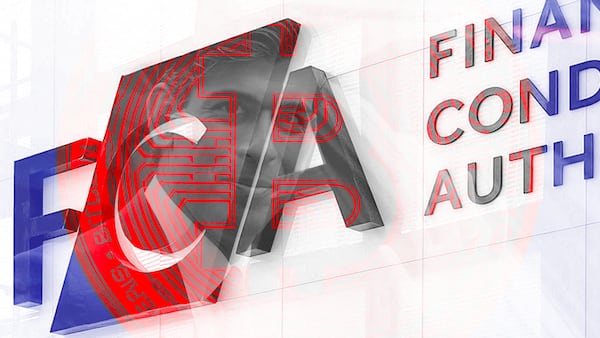Nishad Singh, the former chief engineer of collapsed crypto exchange FTX, pled guilty to six counts of wire fraud, securities fraud, and commodities fraud on Tuesday.
But the US Securities and Exchange Commission’s new lawsuit against Singh ought to worry crypto developers.
The suit – filed on the same day as his plea in the criminal case – argues Singh’s coding of the FTX platform renders him legally liable for violations of federal securities law even if his coding “was not with the goal of enabling Alameda to misappropriate FTX customer assets.”
Criminal transactions
If the suit succeeds, it would put devs on notice that if anything they build is later used for criminal transactions it won’t matter if they initially believed their coding had an innocent purpose, according to lawyers who spoke with DL News. It’s the devs’ knowledge of the real-world use of their platforms that renders them liable, the SEC argues.
The agency alleges that Singh coded the platform to allow Alameda Research – the crypto hedge fund controlled by FTX founder Samuel Bankman-Fried – to maintain a negative balance on FTX, a facility no other FTX customers had. It also alleges that the coding allowed Alameda to have virtually unlimited credit on FTX, and exempted the hedge fund from the liquidation of its positions. The lawsuit also says the coding prevented FTX’s “risk engine” software from applying to Alameda. This program was supposed to protect customer funds and limit FTX’s exposure to dangerous trading positions.
NOW READ: Banking regulators won’t ban crypto, they’ll ‘starve’ it
But the SEC also makes it clear that when these exemptions were coded, Singh may have believed they had an innocent intent.
“When Singh and [FTX CTO Gary] Wang initially created the code described above, it was not with the goal of enabling Alameda to misappropriate FTX customer assets from the FTX platform,” the SEC said. “For example, the code that Singh created allowing accounts to carry a negative balance was initially applied to non-trading accounts, to reflect money owed to FTX.”
The agency added that some of the code provisions may also have been redundant, providing alternate ways for Alameda to withdraw customer assets from the FTX platform.
It’s the devs’ knowledge of the real-world use of their platforms that renders them liable.
It was only later that Singh realised holes in the code permitted fraud, the SEC alleges. That moment – when Singh first knew something dodgy was going on – was the point at which Singh became liable for the fraudulent activity at FTX, not when he first created the code.
The suit says:
“Over time, Singh became aware of how these privileges were being applied to Alameda’s trading accounts and that Alameda was taking advantage of these privileges, at Bankman-Fried’s direction, to draw on FTX customer assets to a virtually unlimited extent for its own uses”.
Crypto law experts broadly agree that Singh’s knowledge of what was going on – rather than the mere act of coding – is likely to be the key issue.
“The SEC … isn’t trying to hold Singh liable for writing the code,” said Kyle Langvardt, an assistant professor of law at the University of Nebraska-Lincoln. “The reason the code-writing is relevant here, even if Singh didn’t mean any harm, is that it shows Singh knew FTX was lying to customers about how their assets were being handled.”
Special relationship
Syedur Rahman, a partner at Rahman Ravelli in London, said much will depend on the nature and intent of the coding. “In this context, you will need to better understand the role of the developer including what fiduciary duties or special relationship of trust there was with key personnel,” Rahman told DL News.
Experts in crypto law have previously warned that simply because crypto is a new technology it does not mean the sphere is unregulated or beyond the current reach of governments. The most high-profile case prior to Singh’s involved Alexey Pertsev, the
developer behind the Tornado Cash platform, which allowed users to anonymously disguise the origins of cryptocurrencies sent through the “mixer.”
Tornado Cash case
Pertsev is currently sitting in a jail cell in the Netherlands awaiting trial on charges of money laundering. The case has outraged many in crypto because it threatens to make platforms that make transactions private or anonymous illegal, if those protocols are also used by criminals. Pertsev denies the charges.
“In the Pertsev case, one question is whether coding was itself the wrongful act; in the Singh case, the coding is just evidence of his mental state,” Langvardt said.
Singh’s lawyers were contacted for comment.





